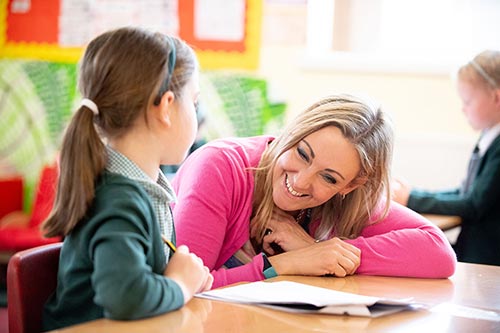FEDERATION CURRICULUM STATEMENT FOR
PSHE (Personal, Social, Health and Economic Education)
And RHSE (Relationships, Health and Sex Education)
|
INTENT |
|
We believe that children learn best when they feel safe, are engaged in their learning, can develop resilience and are inspired to want to learn more. It is the intent of the federation that children develop the skills to be positive contributors and citizens within society developing the knowledge and skills needed to lead physically and mentally healthy, safe and responsible lives. In order to achieve this, pupils are given the opportunity to explore a range of values, attitudes, beliefs, rights and responsibilities to help them make their own decisions about the world around them.
|
|
IMPLEMENTATION |
|
PSHE is taught discretely in weekly lessons (excepting the Taking Care Project which explores Protective Behaviours which is delivered across one week in Autumn 1). Schools across the federation use the Coram Life Education Scheme (Scarf) to deliver the curriculum and termly themes are selected in a rolling programme ensuring progression and coverage of the four main elements of the PSHE curriculum: The CORAM scheme of work sets the learning intentions for each area of the curriculum. These intentions direct the learning that the children can achieve across the whole unit, this is both knowledge and skills based. The skills are pupil focussed and allows for self-reflection. Assessment opportunities reflect whether the skills have been practised and embedded. The curriculum is delivered across a two-year rolling programme to ensure progression and coverage of the statutory expectations for the whole curriculum. RHSE is covered throughout the curriculum across the years through the growing and changing units (CORAM have developed road maps to demonstrate the progression across the Growing and Changing units). Mental health is given the same status as physical health and children are taught a range of strategies to identify and manage difficult feelings. Online Salafety is embedded across the curriculum but is also taught via discrete lessons. Fundamental British Values are promoted throughout. Teachers delivering PSHE are encouraged to be responsive to issues arising in their class/the media/society and allow for opportunities for children to debate and discuss moral and social issues and think critically. Teachers may use carefully selected picture books, social stories and a range of resources to enhance learning experiences. Clear ground rules are always established so that lessons are a safe place for children to share their views/experiences and ask questions. |
|
IMPACT |
|
A robust PSHE curriculum prepares pupils for their adult lives and teaches them to understand how to engage with society, including valuing difference and diversity, being responsible and respectful citizens and further deepening pupils’ understanding of fundamental British values. Children will learn how to develop positive relationships with their peers both now and in the future, having respect for themselves and others, and will be equipped with the skills to know how to seek help when required.
|




